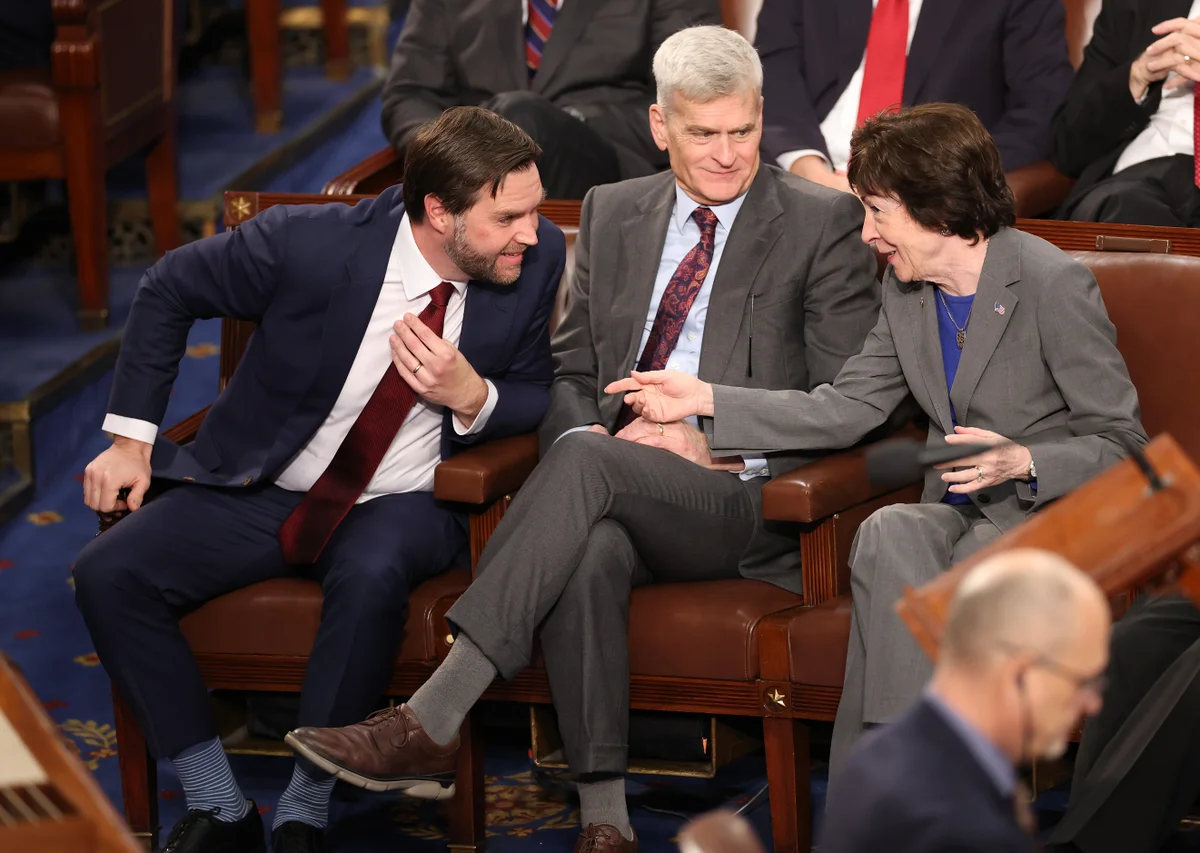By Eric Garcia
Copyright independent

On Wednesday, Sen. Bill Cassidy (R-La.), the chairman of the Senate Health, Education, Labor, and Pensions (HELP) Committee, held a hearing featuring Susan Monarez, the director of the Centers for Disease Control and Prevention, whom President Donald Trump had fired.
Throughout the hearing, Cassidy asked Monarez about her clashes with Health and Human Services Secretary Robert F. Kennedy Jr., which she said included Kennedy asking her to commit in advance to supporting recommendations from the Advisory Committee on Immunization Practices (ACIP) and to fire career CDC officials involved with childhood vaccinations.
But Cassidy found himself gaveling order with his Republican colleagues like Sen. Rand Paul (R-Ky.) during Paul’s grilling of Monarez. He also had to step in when Sen. Ashley Moody (R-Fla.) criticized Monarez and Debra Houry, former chief medical officer for the CDC, for hiring “anti-Trump lawyers.”
And Cassidy, a physician, has nobody but himself to blame. After all, he voted to confirm Kennedy earlier this year. The Louisiana Republican did this after he had voted to convict Trump for his actions on January 6, 2021. But with Trump back, he risks losing his Republican primary in a Bayou brawl.
But there is no guarantee that Cassidy will even win his primary and he will likely face the wrath of conservatives in a state that overwhelmingly supports the president.
Cassidy’s plight shows just how Trump’s tightened grip on the GOP gives Republicans almost no room to navigate. In addition, it effectively neuters Republicans’ authority and ability to keep the Trump administration in check. The gastroenterologist had waited for years to become chairman of the committee and had built a reputation working with Democrats.
Of course, there is little risk for Republicans of losing Cassidy’s seat, given how firmly Republican the state Mike Johnson, Steve Scalise and Clay Higgins call home is.
But that’s not the case for Sen. Susan Collins (R-Maine), who also sat on the dais on Wednesday. Collins asked Houry and Monarez about how Kennedy’s tenure differed from previous HHS secretaries, to which Houry said that she never briefed Kennedy on the measles outbreak.
In 2021, Collins joined Cassidy in voting to convict Trump, likely expecting he would never return. She also voted to confirm Kennedy despite her reservations.
Like Cassidy, Collins also spent years working up the Republican ladder to move into leadership, in her case, as the chairwoman of the Senate Appropriations Committee, which writes the budget.
But even though she’s shown an independent streak at times–such as voting against Pete Hegseth’s confirmation to lead the Pentagon and opposing Trump’s “One Big, Beautiful Bill” because of Medicaid cuts–she finds herself submitting to the president’s will.
Earlier this week, Trump said he wanted a “clean” continuing resolution to keep the government open. In response, Democrats pushed their own version. When The Independent asked Collins about the subject, she said simply, “those negotiations are above my pay grade,” and that “they’re being done by the leadership.”
The idea that an appropriations chairwoman would say this even a decade ago would be stunning. And in fairness, Democrats have concentrated much of their power in leadership too.
But Trump has swallowed all of the authority that Republican leaders have. It virtually erases any case that they might make to their voters back home.
Rather, all that matters is if they deliver for the president. Cassidy’s political heresy might cost him his job. In Collins’s case, her support for Trump might hurt her in a state that votes for Democrats.
After an initial freeze, three major Democrats are running in the race to replace her and the state’s popular Democratic Gov. Janet Mills is considering a run.
Meanwhile, Republicans like Thom Tillis of North Carolina and Joni Ernst of Iowa called it a day, given they have little ability to break with Trump despite his increasing unpopularity in their home states.
But as long as a Republican is running for re-election, they have to take into account that they cannot anger the president too much. And that puts them in a double bind.



